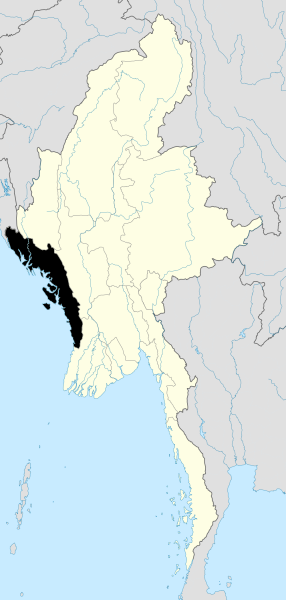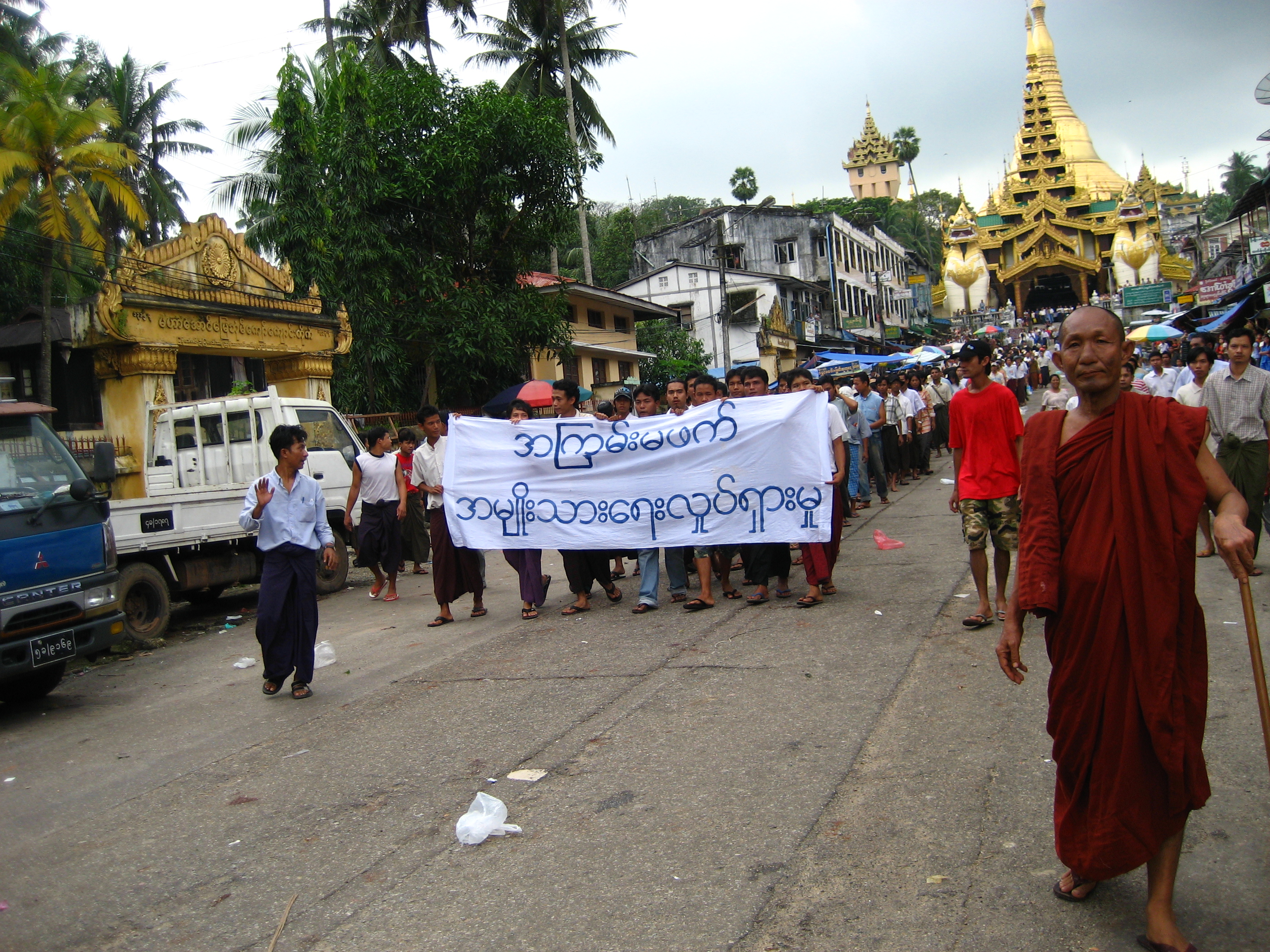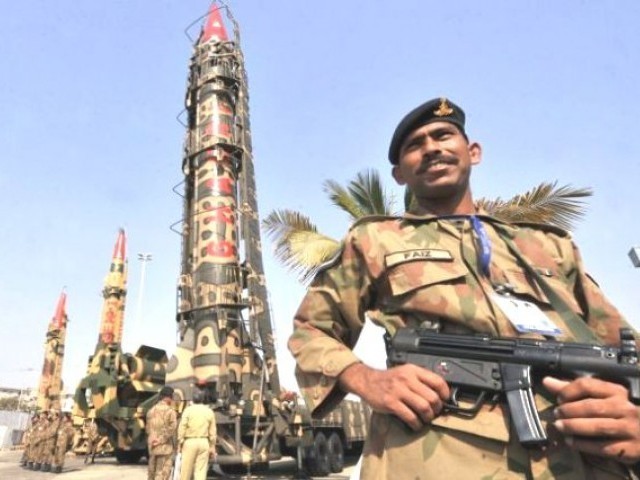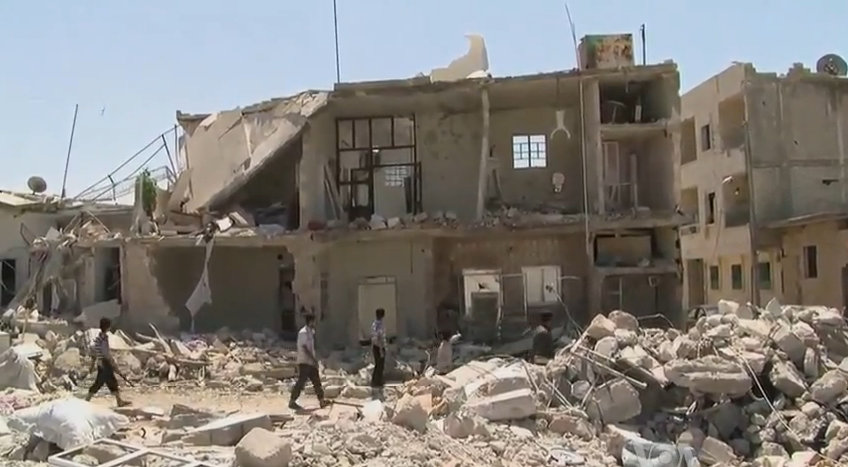Myanmar, widely-known as Burma, has recently under President Thein Sein begun a steady crawl towards openness and accountability, yet the country cannot seem to shed, willingly or unwillingly, its turbulent past. From 1962 to 2011, a junta was in charge of governing the country and under it any form of dissent was crushed with an iron fist. Even now sustainable progress has not been achieved with regards to reforms that many may consider a façade. Stagnation of reforms alongside persecution of religious minorities should put Myanmar and its governance under the world’s microscope.
Reforms?
In 2011, the government of the day, directed by the military initiated reforms which led to the steady re-integration of Myanmar into the global village. Reforms led to the release of prominent activists and the legalization of the National League of Democracy (NLD); in response to political reforms sanctions were lifted and accounts were cleared. Myanmar would become chair at the Association of Southeast Asian Nations (ASEAN) in 2014. Promising steps were undertaken by the state in order to ease tensions and create an atmosphere to transition into a democratic system, with the full support of the global powers. Canada, in support of Myanmar’s path towards democratization, would ease economic sanctions and remove Myanmar from the Area Control List. Canada, furthermore, provided $2 million in order to help “consolidate” Myanmar’s move to democracy. Canada, as a Dialogue Partner, worked with the state through the ASEAN as well as through the ASEAN Regional Forum (ARF) which, respectively, focus on security.
Recently, however, there have been many signs of problems which the world body, including Canadians, should take into consideration. Months of student-led demonstrations were ended by government crackdowns. Over a hundred activists were detained within a matter of days for their opposition to educational laws which set limits upon academic freedoms and unions. Hundreds of political prisoners and various activists are in government custody, citizens can be “arbitrarily” detained under the Peaceful Procession Law. Myanmar has also “backtracked” on its commitments towards press freedom by prosecuting, censoring and intimidating the media and journalists.
One of the major issues, and a source of tension, has also been constitutional reform. The Myanmar military has basically a veto power in parliament with 25% of the votes being provided to it. Amendments to the constitution require 75% of the votes which is almost impossible to achieve with competing parties. Aung San Suu Kyi, the leader of Myanmar’s opposition party, distrusts the current system stating that even though everyone may freely cast a vote, that doesn’t necessitate fairness since the political structure tilts towards those who are supported by the military.
Religious repression and state complicity
Although the country is transitioning towards democracy, not everyone is equal and neither is everyone’s security guaranteed. Human Rights Watch reported that Burmese authorities alongside local Buddhists, who constitute the religious majority, ethnically cleansed the minority Rohingya Muslims from the Arakan state. Following sectarian strife in 2012, the government “destroyed mosques, conducted violent mass arrests, and blocked aid to displaced Muslims” in 2013. More than 125,000 Rohingya were affected. The repressions were not exclusive to the Rohingya Muslims. Observers noted that Buddhist monks’ organizations issued pamphlets in which they claimed they had plans to exterminate other ethnic groups as well. The issue is so overwhelmingly politicized and complex that even the opposition leader, Suu Kyi, in her interview with the Globe and Mail refused to criticize the mistreatment of religious minorities stating,
“Taking the moral high ground just for the sake of sounding good sounds a little irresponsible”.
Canadian Senator Mobina S. B. Jaffer raised the issue in the Senate to bring attention to the oppression of religious minorities, highlighting that Myanmar does not recognize the Rohingya as citizens and called on the Canadian Senate to show solidarity with the oppressed minority.
What can be done?
Canada, as a member of NATO, as well as a Dialogue Partner in the ASEAN and the ARF, in line with its policy of support towards democratic transition can pressure the current government in Myanmar to release political prisoners, ensure that the press is allowed its freedoms and that the religious minorities are properly recognized not persecuted. The current Myanmar government, successor to the military junta, is not going forward, but backwards, by reneging on their obligations to transition into democracy.
The sanctions were lifted and the state was re-integrated into the global village due to the perception that it was willing to change and guarantee rights and freedoms for all citizens of Myanmar without fear of persecution. If the state lags in completing its obligations then Canada, and other developed nations’ institutions, should seriously reconsider the lifting of sanctions until normality is restored.
Canada being a Dialogue Partner in the ARF, which deals with security in the ASEAN region, can raise the issue in that forum in order to persuade other regional actors to agree. Myanmar is a country which depends on re-integration and would bow to such a consensus.
Canada, with its leveraging capabilities, can spearhead this, it is in a position to influence the decisions being made in Myanmar. This should be done in order to set an example that any country, in order to be accepted by others, needs to take actual steps towards freedom and transparency. If these issues are brushed aside it can set a negative precedent, globally, where other nations in the transitional stages may take advantage of the lack of global oversight and reap the benefits of re-integration while at the same time abusing their authority.




